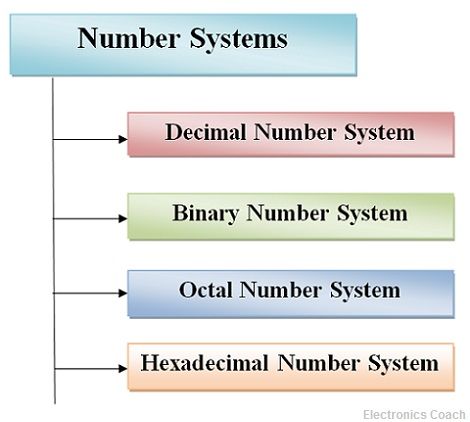Data science and big data are used almost everywhere in both commercial and noncommercial settings.
Commercial companies in almost every industry use data science and big data to gain insights into their customers, processes, staff, completion, and products.
Many companies use data science to offer customers a better user experience, as well as to cross-sell, up-sell, and personalize their offerings.
A good example of this is Google AdSense, which collects data from internet users so relevant commercial messages can be matched to the person browsing the internet.
Data Science:
Benefits:
- Improved decision-making: Data-driven insights can help businesses make better decisions across all levels, from strategic planning to marketing campaigns.
- Increased efficiency and productivity: Automation and optimization based on data analysis can streamline processes and free up resources for higher-value tasks.
- Enhanced customer understanding: Analyzing customer data allows businesses to personalize experiences, tailor marketing efforts, and predict customer behavior.
- Innovation and new product development: Data insights can reveal previously unknown trends and patterns, leading to the development of new products and services.
- Risk management and fraud detection: Identifying patterns in data can help detect fraudulent activity and prevent financial losses.
Uses:
- Predictive maintenance: Analyzing sensor data from equipment can predict and prevent failures, reducing downtime and maintenance costs.
- Personalized medicine: Analyzing medical data can help tailor treatment plans for individual patients and improve healthcare outcomes.
- Fraud detection: Identifying patterns in financial transactions can help detect and prevent financial fraud.
- Sentiment analysis: Analyzing social media data and customer reviews can provide insights into public perception and brand sentiment.
- Targeted advertising: Data analysis can help personalize advertising campaigns and increase their effectiveness.
Big Data:
Benefits:
- Scalability: Big data systems can handle massive amounts of data, making them well-suited for applications with large datasets.
- Velocity: Big data technologies can process data in real-time, enabling faster insights and quicker decision-making.
- Variety: Big data systems can handle diverse data formats, from structured databases to unstructured social media posts.
- Veracity: Big data tools can help filter and clean noisy data, improving the accuracy of insights.
Uses:
- Real-time traffic management: Analyzing traffic data in real-time can help optimize traffic flow and reduce congestion.
- Cybersecurity: Analyzing network data can help detect and prevent cyberattacks.
- Weather forecasting: Analyzing weather data from various sources can improve the accuracy of weather forecasts.
- Smart cities: Big data can be used to manage and optimize city infrastructure, such as energy grids and transportation systems.
- Scientific research: Analyzing large datasets can lead to new discoveries in scientific fields like genomics and astronomy.
Reference:
1. DavyCielen, Arno.D.B.Maysman, Mohamed Ali, “Introducing Data Science” ManningPublications, 2016






